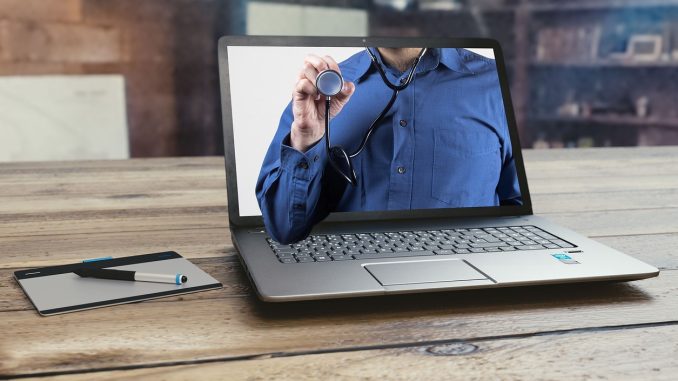
It’s pretty common to shoot an email to your doctor when you have a question. However, according to a recent report from the Journal of the American Medical Association (JAMA), numerous health systems are now charging fees for emails sent to physicians.
The aim of this practice is to boost revenue and compensate clinicians for addressing patient-initiated messages, but the report’s authors acknowledge the controversy surrounding it.
This practice originated in 2017 and saw a 50% increase during the COVID-19 pandemic, as the Centers for Medicare & Medicaid Services (CMS) and other healthcare payers broadened their reimbursement structure for telemedicine.
Fast forward seven years, and this approach has multiplied seven-fold to include charges for any “e-visit” message requiring at least 5 minutes of clinician time for medical decision-making over a 7-day period.
- Allina Health
- BJC Healthcare
- Northwestern Medicine
- Cleveland Clinic
- Houston Methodist
- Johns Hopkins
- Lurie Children’s Hospital
- Mayo Clinic
- Nebraska Medicine
- Novant Health
- Ohio State University Wexner Medical Center
- Oregon Health & Science University
- UCSF Health
- U.S. Department of Veterans Affairs
- UW Medicine
- Vanderbilt Health
While compensating doctors for their time and expertise seems reasonable, the complexity arises from patients not knowing which messages will trigger a bill, raising concerns that billing may discourage communication.
The analysis of the data reveals that e-visit claims for shorter periods often relate to acute diagnoses, such as sinusitis or urinary tract infections, while longer e-visits are more commonly associated with chronic conditions like hypertension.
Keeping electronic enquiries straightforward could potentially save patients both time and money, while delving too deeply into complicated matters might necessitate additional care touchpoints, such as an in-office visit.
Despite ongoing uncertainties about what messages incur charges, healthcare providers remain committed to the concept, pointing out that it’s important to balance communication with patients and compensation for staff.
In a statement, Dr. Kevin Best, Allina Health’s vice president of medical operations for primary care said, “I think it’s a good thing, honestly. It’s probably more convenient for patients to get a lot of their care done in this kind of asynchronous way where they don’t have to take time out of their day or work. … So we don’t want to discourage it, but we need to figure out how we can incorporate it into our workflow.”


Leave a Reply